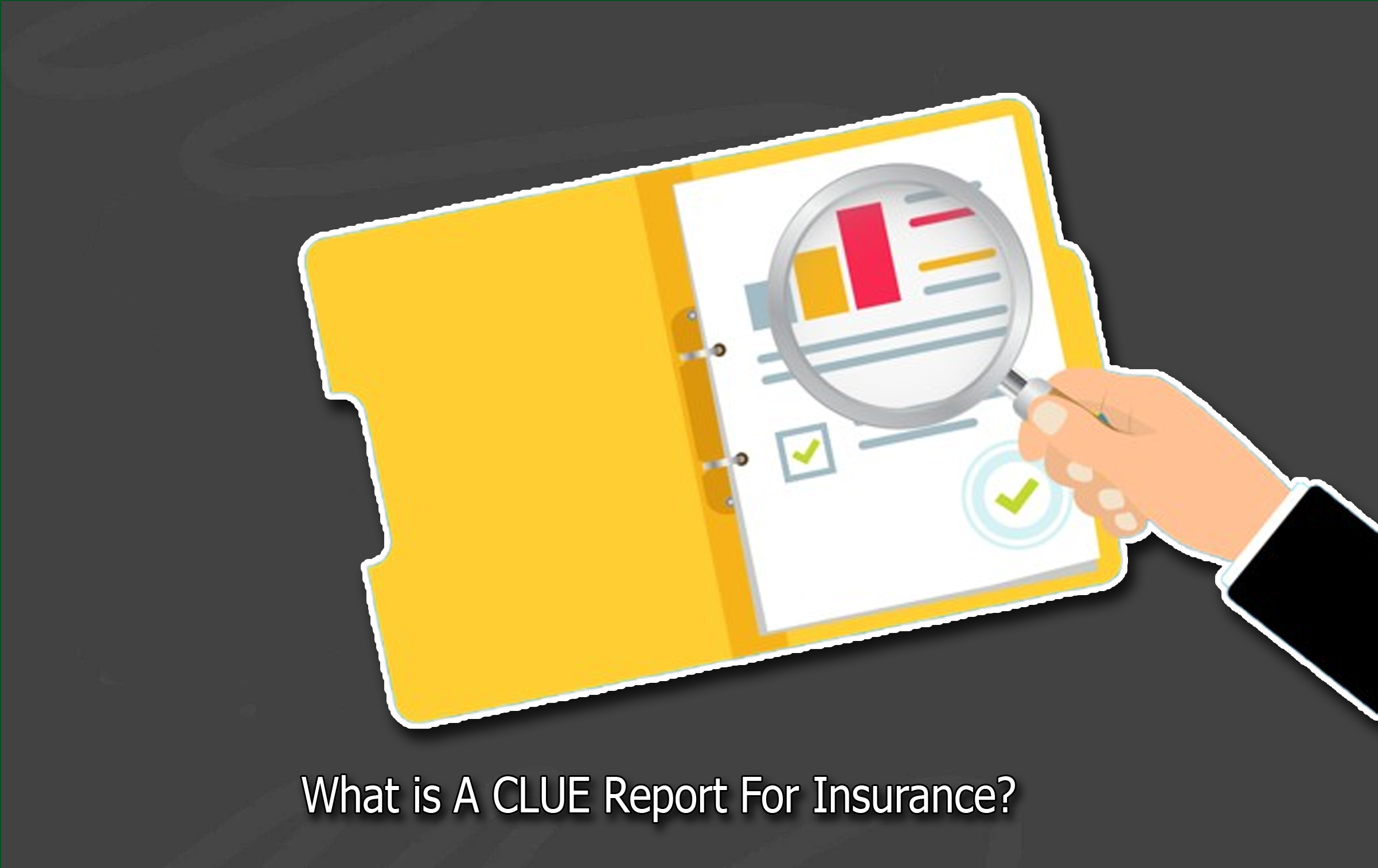
What is a CLUE Report for insurance? Have you ever been curious about how insurance companies assess risk and determine premiums?

A key tool they use is the CLUE report, a comprehensive record of insurance claims history that provides insights into past losses associated with a property or individual.
The CLUE report, short for Comprehensive Loss Underwriting Exchange, is a database managed by LexisNexis. It compiles information on insurance claims filed for properties and individuals, usually for home and auto insurance.
Insurers use this report to evaluate the likelihood of future claims, which plays an important role in underwriting policies and setting premium rates.
Understanding what a CLUE report is and how it impacts your insurance can help you stay informed and prepared.
So, whether you’re shopping for new insurance or selling a property, knowing the details in your CLUE report can be an advantage.
How Does a CLUE Report for Insurance Work?
A CLUE report functions much like a credit report but for insurance purposes. Insurance companies regularly submit claims data to the Comprehensive Loss Underwriting Exchange (CLUE) database, managed by LexisNexis.
This information is used to create a detailed claims history associated with individuals and properties, helping insurers assess risks when underwriting policies.
When you apply for home or auto insurance, the insurer retrieves your CLUE report to evaluate your loss history.
This data can influence your premiums and determine the coverage options available to you.
If the report indicates frequent or costly claims, you may face higher premiums or limited coverage options.
Who Can Access a CLUE Report?
CLUE reports are primarily accessed by insurance companies and their authorized agents. These entities use the report during the underwriting process to assess potential risks and determine appropriate policy terms.
As a policyholder, you also have the right to access your own CLUE report. Regularly reviewing your report is a good practice to ensure all claims information is accurate and up to date.
Can You Get Your CLUE Report?
Yes, you’re entitled to request a copy of your CLUE report once a year. Knowing what’s in your report allows you to verify its accuracy and dispute any incorrect information.
If you find inaccuracies, you can notify LexisNexis, which manages the database, and request corrections.
This process may take time, but it’s essential to ensure your report accurately reflects your insurance history, helping you secure the best possible coverage options.
How Do Insurance Companies Use a CLUE Report?
Insurers use CLUE reports to evaluate the risk level of new applicants. The report provides insights into past claims and helps determine appropriate premiums. For most renewals, insurers rely on their internal records rather than re-checking the CLUE database.
What’s Included In This Report?
A CLUE report contains key details such as:
- Policyholder name and date of birth
- Policy number and type
- Claims history, including dates, claim types, and amounts paid
- Covered property descriptions (e.g., property address for homeowners or vehicle information for auto policies)
It’s worth noting that CLUE reports do not include personal financial information, criminal records, or legal disputes.
Why Are Insurance Companies Allowed to Access a CLUE Report?
Insurers are permitted to access your CLUE report for specific purposes, such as:
- Underwriting new policies
- Verifying claims history through authorized agents
Because insurers contribute data to the CLUE database, they can retrieve information to make informed decisions about coverage and pricing.
How Can You Obtain Your CLUE Report?
You can request your CLUE report in the following ways:
- Online: Visit the LexisNexis website and order a copy to be mailed to you.
- By Mail: Download and complete the request form, then mail it to the provided address.
- By Phone: Call LexisNexis directly to request your report.
In some cases, such as if you’ve been denied coverage due to your CLUE report, you may be entitled to a free copy. Otherwise, there may be a fee for accessing the report.
Bottom Line
A CLUE report plays a vital role in the insurance industry, offering a snapshot of your claims history that insurers use to determine coverage and premiums.
Staying informed about your CLUE report ensures accuracy and gives you the chance to address any errors, ultimately helping you secure fair and effective insurance policies.